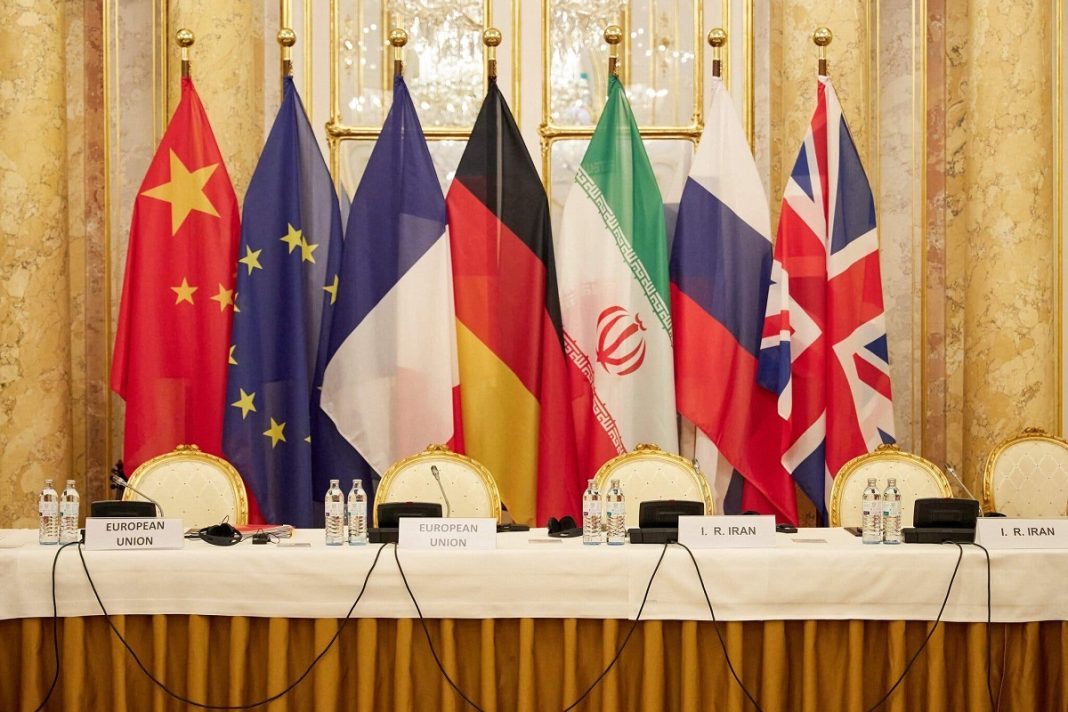State Department spokesperson Ned Price told reporters the United States has “tactical differences” with Israel on Iran, but no strategic disagreement.
US Secretary of State Antony Blinken traveled to Israel last weekend.
A senior State Department official and an Israeli official told Axios Blinken has asked Israeli Prime Minister Naftali Bennett and other Israeli officials for their alternative to a nuclear deal with Iran.
The Israeli and US officials announced the Iran issue was at the center of the meeting between Blinken and Bennett on Sunday, but regardless of the disagreement, the discussion wasn’t tense.
Negotiations have been held in Vienna since last April to restore the JCPOA, an agreement on Iran’s nuclear program that was nixed by former US president Donald Trump.
However, Washington has imposed several sanctions against Iran since the talks began, in what has been perceived in Tehran as s demonstration of bad faith.
Tehran says Washington’s indecisiveness is to blame for the protraction of the talks, as a number of key issues remain unresolved, ranging from the removal of all post-JCPOA sanctions to the provision of guarantees by the American side that it will not leave the deal again.
Elsewhere in his remarks, Price stated from 2012 to 2018, “there were no significant attacks, there were no attacks against US service members, diplomatic facilities in Iraq.”
“That changed in 2018. And between 2019 and 2020, the number of attacks from Iran-backed groups went up 400 percent,” he continued.
“This was in the aftermath of the decision to abandon the JCPOA. It was in the aftermath of the decision to apply the FTO designation to the Iranian Revolutionary Guard Corps. It was in the aftermath of the killing of [Iran’s leading anti-terror Commander Lieutenant General Qassem] Soleimani, the IRGC chief,” he noted.
Soleimani was assassinated in a US drone strike on Baghdad International Airport in Iraq on January 3, 2020.
On January 8, Ain al-Assad, which houses US troops in al-Anbar province, found itself under fire from volleys of ballistic missiles launched from Iran, which considered as the largest ballistic missile attack against Americans in history.
The Pentagon has confirmed 110 service members have been diagnosed with traumatic brain injury following the Iran strike.
Supreme Leader of the Islamic Revolution Ayatollah Sayyed Ali Khamenei has called the military operation “only a slap across the face” of the United States, stating that “military moves like this are not enough. The Americans’ corruption-stirring presence should come to an end”.
